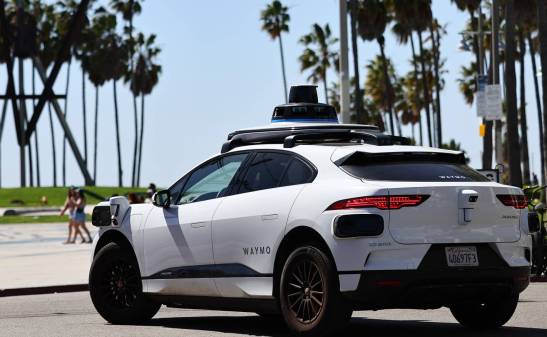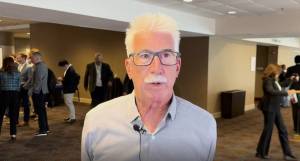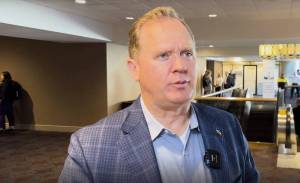Permission to test: Tesla pursues autonomous freight in California, Nevada

The Departments of Motor Vehicles in California and Nevada are in talks with Tesla regarding potential road tests of electric freight trucks with autonomous driving capabilities, according to emails uncovered by Reuters.
Both state departments confirmed the discussions, which involved the possible licensing of long-haul electric trucks that travel in platoons. Tesla Founder Elon Musk announced on Twitter earlier this year the company would unveil a semi truck in September, but never mentioned autonomous capabilities, which are a fast evolving feature in the automaker’s existing commercial vehicles.
The email discussions, which happened in May and June according to Reuters, included one email from Tesla regulatory official Nasser Zamani, who wrote to the Nevada DMV: “To insure we are on the same page, our primary goal is the ability to operate our prototype test trucks in a continuous manner across the state line and within the States of Nevada and California in a platooning and/or Autonomous mode without having a person in the vehicle.”
Platooning vehicles are those that travel together in formation, following a lead vehicle.
Self-driving trucks have not been tested in Nevada without a passenger in the cab and the company has not yet applied for a license, the state reported, but similar testing has been ongoing in other parts of the country. Along with Alphabet’s Waymo, the Uber-owned Otto is conducting its own self-driving freight truck testing along Ohio’s “smart mobility corridor.”
The technology is also being reviewed by city technology officials around the country who have identified potential for improved efficiency and throughput on local roadways. Intelligent freight is a common bullet point found in any community’s “smart city” strategy.
The regulatory landscape for autonomous vehicle manufacturing is in evolution, with a bill heading to the House floor later this year that would release 100,000 vehicles onto the roads within the next three years while new safety standards are being developed. The legislation would also reinforce the role of states in enforcing operation of such vehicles.
In California any vehicle weighing more than 10,000 pounds is not permitted to test autonomous technology on public roadways, a spokesperson from the California DMV told StateScoop. However, the state now has 37 manufacturers testing autonomous technology with drivers stationed behind the wheel and some intermediate technologies — like collision avoidance systems — are permitted. These include electronic blind spot assistance, automated emergency braking systems, park assist, adaptive cruise control, lane keep assist, lane departure warning, and traffic jam and queuing assist.






